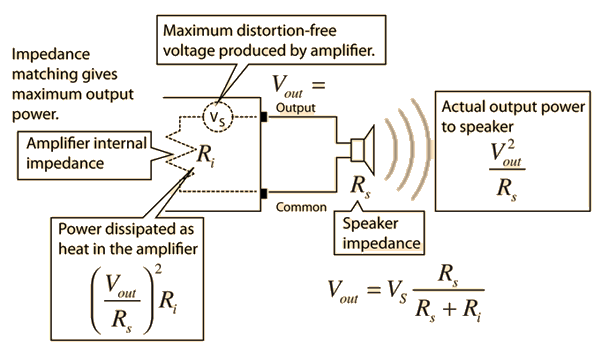Duggeh
Indeed
- Joined
- May 9, 2005
- Posts
- 9,618
- Likes
- 50
Quote:
We really really do need a sticky about this because its probably not only the most commonplace but most actively proliferate piece of technological misinformation on this entire forum and it continues to be so because of posts which are epitomised beautifully by the content of this one.
Recently theres a light trend to start throwing the word sensitiveity in too, which is good, I still think that a layman-language post from somebody who knows which end of a multimeter goes in which nostril would serve wonders and be linked to as a means of quick reference surprisingly often.
| Originally Posted by Zombie_X /img/forum/go_quote.gif The lower the impedance/sensitivity = easier to drive The higher the impedance/sensitivity = harder to drive This is not always entirely true though, though I don't know of any headphones that this applies to. I've just hears stories. And I may be talking out of my butt about this stuff though this is what I've been told. |
We really really do need a sticky about this because its probably not only the most commonplace but most actively proliferate piece of technological misinformation on this entire forum and it continues to be so because of posts which are epitomised beautifully by the content of this one.
Recently theres a light trend to start throwing the word sensitiveity in too, which is good, I still think that a layman-language post from somebody who knows which end of a multimeter goes in which nostril would serve wonders and be linked to as a means of quick reference surprisingly often.


